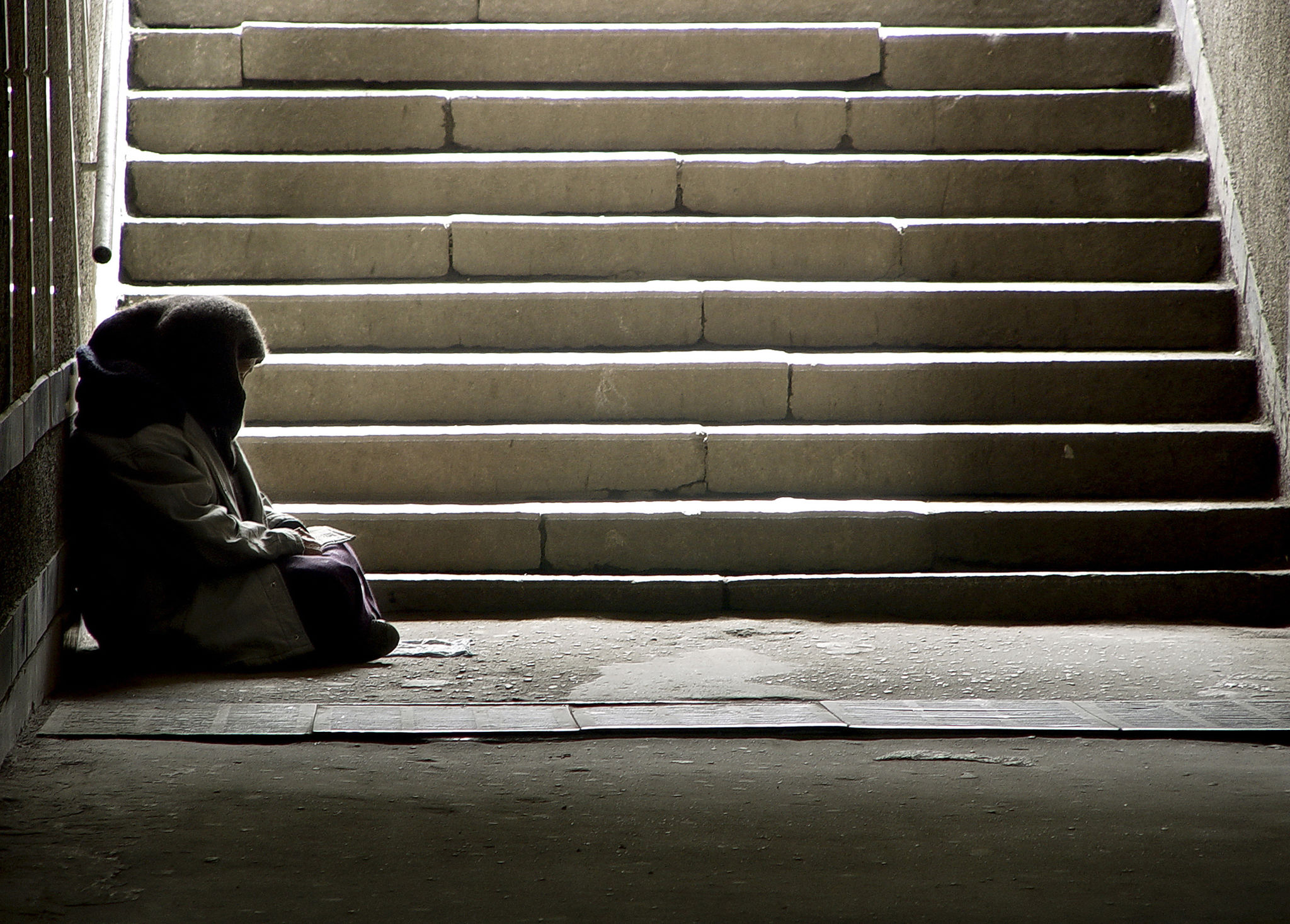Debunking Myths About Homelessness Among Women in Tennessee
Understanding the Challenges Faced by Homeless Women
Homelessness among women is a significant issue in Tennessee, yet it is often misunderstood and surrounded by misconceptions. The reality of homelessness for women differs in many ways from the general perceptions. It's crucial to understand these challenges to create effective solutions and support systems.
One common myth is that women experiencing homelessness are solely responsible for their situation due to poor life choices. In reality, many factors contribute to homelessness, including domestic violence, economic hardship, and lack of affordable housing. These factors often intertwine, creating a complex web that is difficult to escape without support.

Myth: Homeless Women Are Predominantly Single
Another misconception is that homeless women are predominantly single individuals. While single women do represent a portion of the homeless population, many are mothers accompanied by their children. Family homelessness is an escalating crisis, with women often facing the daunting task of providing for their families without a stable living environment.
The National Alliance to End Homelessness reports that families constitute a significant portion of the homeless population. In Tennessee, this trend is evident, highlighting the need for tailored services that address the unique needs of families experiencing homelessness.

The Role of Domestic Violence
Domestic violence is a leading cause of homelessness among women, yet it remains an overlooked aspect. Many women fleeing abusive relationships end up without a home because they lack the financial resources or support networks to secure alternative housing. This situation underscores the importance of providing safe havens and supportive services for survivors.
Organizations across Tennessee are working tirelessly to address this issue by offering shelter and resources to women escaping violence. However, there is still much work to be done in raising awareness and increasing funding for these essential services.
Addressing Economic Challenges
Economic instability is another major factor contributing to homelessness among women. Many women in Tennessee are employed in low-wage jobs that do not provide a livable income, making it nearly impossible to afford rent, food, and other essentials. The lack of affordable housing further exacerbates the situation, pushing many into homelessness.
Efforts to increase minimum wage and provide affordable housing options are crucial steps toward alleviating this issue. By addressing these economic barriers, we can help reduce the number of women experiencing homelessness and provide them with a path toward stability.

How Misconceptions Affect Solutions
The myths surrounding female homelessness can negatively impact the development of effective solutions. When misconceptions shape public opinion, they can influence policy decisions and the allocation of resources, potentially leading to inadequate or misdirected support systems. It’s vital to base strategies on accurate data and real-life stories from those affected.
Community education plays a crucial role in debunking myths and fostering empathy. By raising awareness about the true causes and conditions of homelessness among women, we can inspire individuals and organizations to take meaningful action.
The Importance of Community Involvement
Addressing homelessness among women in Tennessee requires a collaborative effort. Community organizations, policymakers, and citizens must work together to develop comprehensive strategies that offer both immediate relief and long-term solutions. Initiatives such as job training programs, mental health services, and affordable childcare can make a significant difference in preventing and reducing homelessness.
Volunteering with local shelters or advocacy groups is another way individuals can contribute to the cause. Every small action can collectively lead to substantial change, helping more women find secure housing and build better futures for themselves and their families.
